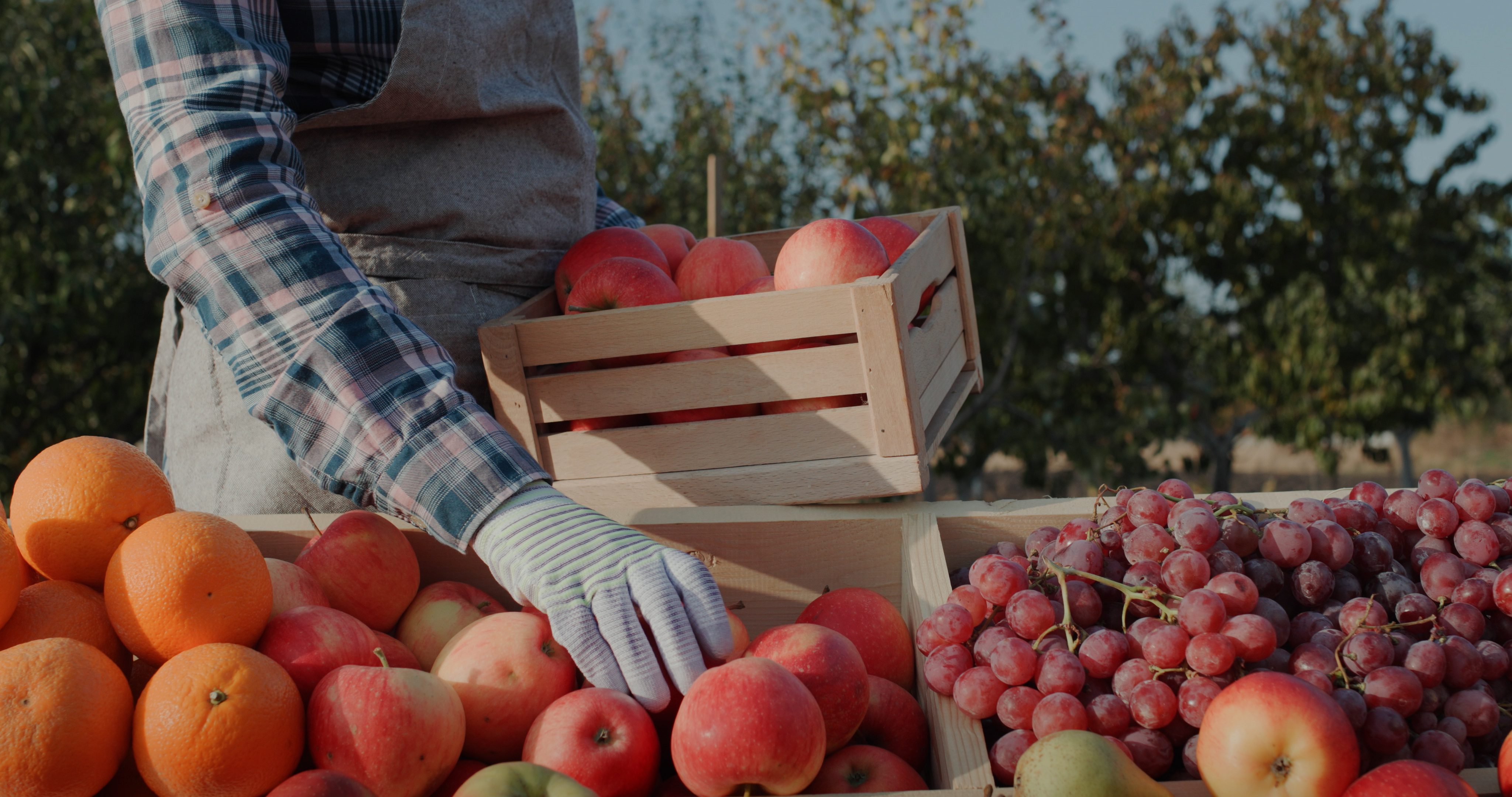Greater Lincolnshire and Rutland boasts a rich tapestry of agriculture and horticulture. From vast arable fields to specialised livestock farms, this region boasts a diverse array of food production. Yet, beyond the fields and greenhouses, there's a thriving movement that utilises the power of local connections.
In a time where sustainability is key, the idea of "local to local" carries significant weight. By sourcing from nearby farms and suppliers, businesses in agriculture and horticulture can greatly reduce their carbon footprint. This not only benefits the environment but also supports the economic strength of the region. Every mile saved in transportation means fewer emissions and lower costs, a win-win for everyone involved.

Keep it Local
Picture a scenario where a farm in Greater Lincolnshire partners with a neighbouring supplier for its seed requirements, rather than sourcing from a distant distributor to the flower wholesaler buying only from local producers in the area. This simple shift in procurement strategy has ripple effects that resonate far beyond the farm gates.
By choosing local suppliers, businesses in agriculture and horticulture effectively shrink their carbon footprint. Consider the journey of produce from field to plate: every mile travelled by a delivery truck contributes to greenhouse gas emissions. However, when farms source their inputs locally, transportation distances are minimised, leading to significant reductions in emissions. This reduction in carbon output not only benefits the environment by mitigating climate change but also bolsters the economic resilience of the region.
Moreover, the "local to local" approach fosters a robust ecosystem of interconnected businesses within the community. When farms and suppliers collaborate locally, they form partnerships built on trust, reliability, and shared values. This network of mutual support strengthens the fabric of the local economy, creating a virtuous cycle of prosperity. Local businesses thrive, jobs are created, and communities flourish as economic activity circulates within the region.
Additionally, by sourcing locally, businesses in agriculture and horticulture can enjoy cost savings associated with reduced transportation expenses. Every mile saved in transportation translates to lower fuel costs, fewer vehicle maintenance expenses, and decreased overheads. These savings can be reinvested into the business, whether it's upgrading equipment, investing in sustainable practices, or providing better wages for employees. Thus, the "local to local" approach not only promotes environmental stewardship but also enhances the bottom line for businesses, contributing to their long-term viability and success.
Supporting Local Communities
Supporting local farmers and businesses means investing in our own communities. The agricultural sector in Greater Lincolnshire and Rutland isn't just about growing crops; it's about cultivating livelihoods. When we choose to buy local, we're not just purchasing products; we're investing in the people and families who make up the fabric of our region.
Every aspect of the local supply chain plays a vital role in bolstering the prosperity of our communities. From the small-scale suppliers providing seeds and equipment to the family-owned farms diligently tending to their fields, each link in the chain contributes to our local economy. By patronising these businesses, we not only support their growth and success but also create job opportunities and strengthen the social fabric of our communities.
The significance of supporting local extends beyond economic factors. In a world emphasising collaboration, fostering partnerships within our community is crucial. From local farm shops offering locally sourced produce to the influx of individuals relocating to the area for a more tranquil lifestyle, the demand for high-quality local products sold within the community is evident. Collaboration amplifies our collective impact, whether it's supporting small businesses or aligning with larger institutions like the NHS, which prioritise social values and sustainability. By aligning our values and objectives, we can create synergies that benefit not only businesses but also the broader community.
Get in touch
Adaptability is key as the climate changes. With a deep agricultural heritage, Greater Lincolnshire and Rutland are well-prepared to face new challenges. Farmers and businesses in the region can embrace innovative approaches to ensure long-term sustainability and resilience.
For tailored support and guidance in navigating the agricultural and horticultural landscape in our region, don't hesitate to reach out to Paul Ward, our fully funded specialist adviser for Business Lincolnshire. Contact him today to explore how he can assist supporting your business.

